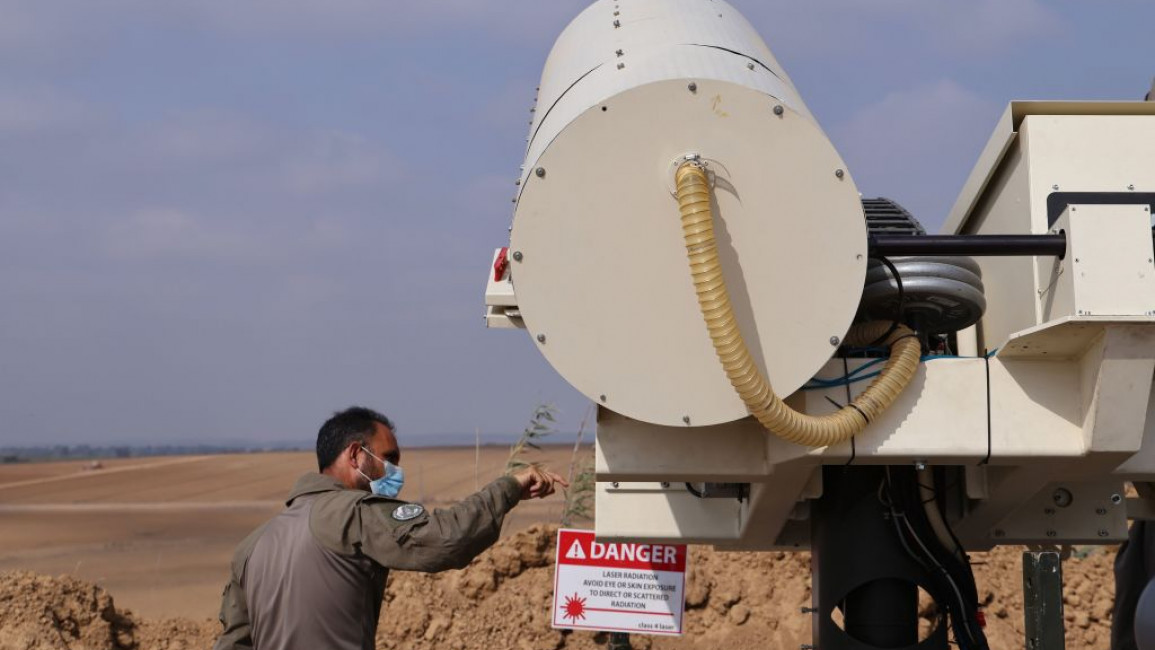Israel to supply the UAE with missile detection equipment
Israel will provide the UAE with early warning systems to detect missiles headed towards its territory, Israeli media reported on Monday.
The announcement came in the wake of several strikes carried out by Yemen's Houthi rebels on the UAE capital Abu Dhabi. On January 17, three civilians were killed in a drone-and-missile attacks and on Monday, two ballistic missiles were intercepted.
The UAE started quietly probing Israel on purchasing its air defence systems following the escalation of strikes, the specialised daily "Breaking Defence" reported last week.
The two countries have been steadily deepening their economic and security relations after signing the US-brokered "Abraham Accords" in August 2020, which paved the way for the normalisation of relations between Israel and several Arab states.
Despite these warming relations, Tel-Aviv has previously refused to sell its "Iron Dome" and "David's Sling" air defence systems to the UAE out of concern that the technology would leak to other countries in the region.
Both systems are used to intercept short-range and winged missiles and have been developed and extensively used by Israel to counter rockets launched from the Gaza strip.
Now, Tel-Aviv says it hopes to help build a regional defence system to its benefit, as radars located in the UAE could also detect Iranian strikes headed to Israel. The purchase value of the defence system reportedly amounts to billions of dollars.
For more than six years, Yemen's Houthi rebels have been battling a Saudi-led coalition that includes the UAE, repeatedly carrying out cross-border missile and drone attacks on Saudi Arabia, and launching an unprecedented assault on the UAE on 17 January.
The Saudi-led coalition has recently conducted deadly airstrikes in Yemen to cripple the Iran-backed rebels, in a conflict that is largely seen as a proxy war between Riyadh and Tehran.
The coalition intervened in Yemen in March 2015 months after the Houthis ousted the internationally recognised government. Rebels say they are fighting a "corrupt system" and "foreign aggression".
Human rights organisations have alleged both sides have committed serious abuses in what the UN has described as the "world's worst humanitarian crisis".



